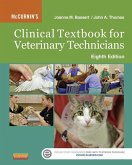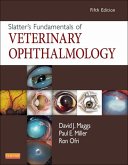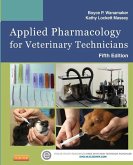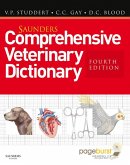- Comprehensive coverage of vaccines and vaccine usage, allergies and allergic diseases, and autoimmunity and immunodeficiencies, prepare you for the multiple immunologic issues you will encounter in practice.
- A wealth of clinical examples clearly illustrate key concepts and offer practical strategies for diagnosing and treating immunologic disorders in the clinical setting.
- More than 500 full-color diagrams and illustrations visually demonstrate and clarify complex issues.
- Completely updated section on innate immunity includes new chapters on natural killer (NK) cells and systemic responses to infection to ensure you have the most up-to-date information.
- New information on genomics and molecular diagnostic techniques explores how the emerging field of genomics impacts disease resistance and immunology in general, as well as the diagnosis and treatment of immunological and infectious diseases.
- Updated content provides new information on well-recognized older diseases such as rheumatoid arthritis, systemic lupus, and inflammatory bowel disease, as well as current information on new diseases such as devil facial tumor disease and bovine neonatal pancytopenia.
- Expanded coverage brings you the latest knowledge on resistance to infection, such as vaccine usage, especially with respect to duration of immunity, the effects of key vitamins and lipids on immune responses, the effects of old age on immunity, and both antiviral and parasitic immunity.
- Diagnostic tests described throughout the text include a new section on the analysis of ELISA test data, as well as a brief summary of molecular diagnostic techniques.
- Coverage reflecting a significant change in the overall view of immunology provides you with the foundational knowledge needed to grasp the broad pattern of immunologic reactions and understand how the immune system functions as an interconnected network, rather than a series of independent pathways.
- New discussions of the critical importance of commensal bacteria and intestinal flora explain help you understand the importance of this normal flora with respect to antibacterial immunity, allergies, and autoimmunity, while at the same time providing a broader view of the animal body and its microflora as a "superorganism."
- A discussion of the importance of adipose tissue in immunity and inflammation addresses the epidemic of obesity in domestic pets and the extraordinary growth rates expected of domestic livestock.
- The section on inflammatory mechanisms has been divided into separate chapters focusing on the detection of invaders and the mediators of inflammation to incorporate the vast amount of new information on pattern recognition receptors and the ways in which they warn the body of microbial invasion.
Dieser Download kann aus rechtlichen Gründen nur mit Rechnungsadresse in A, B, BG, CY, CZ, D, DK, EW, E, FIN, F, GR, HR, H, IRL, I, LT, L, LR, M, NL, PL, P, R, S, SLO, SK ausgeliefert werden.









